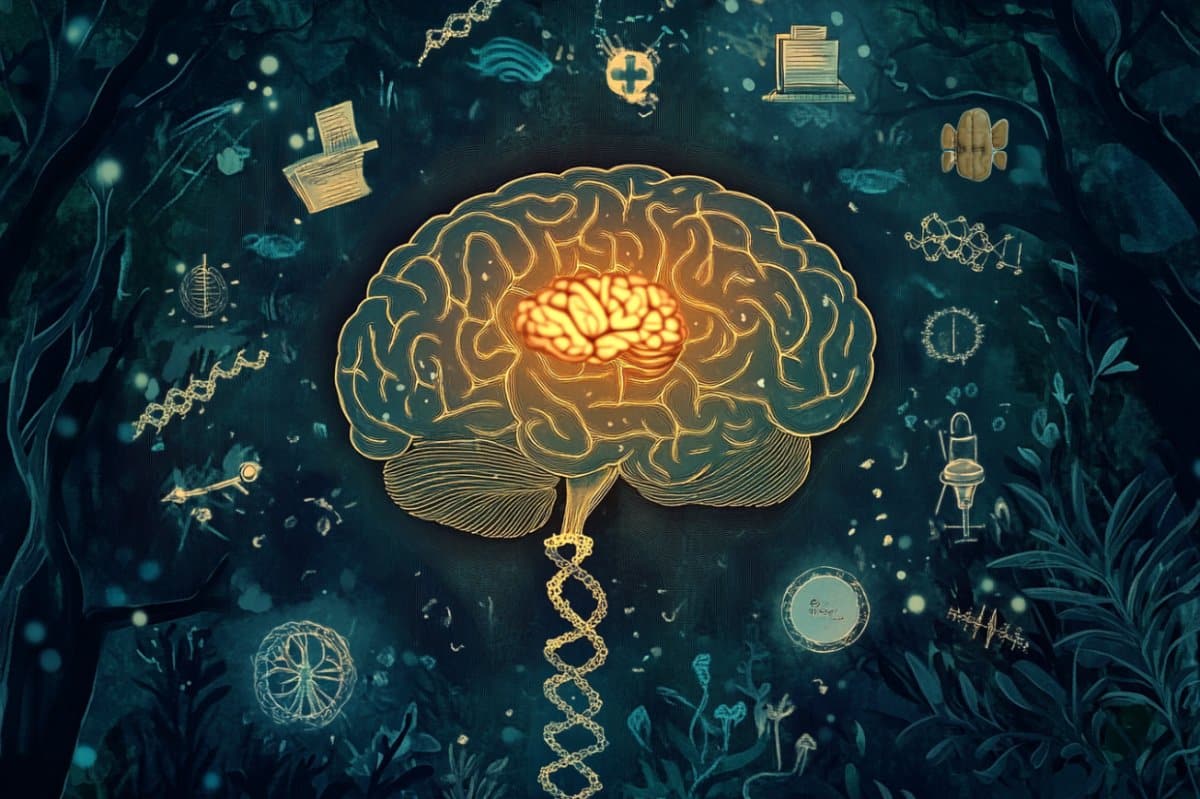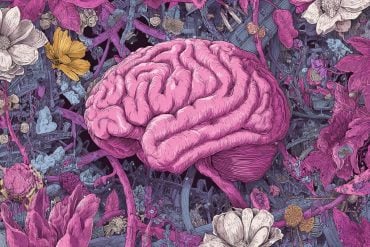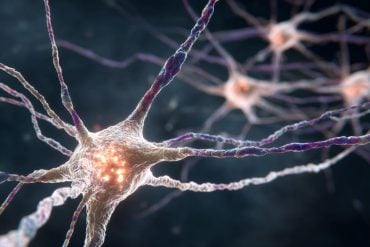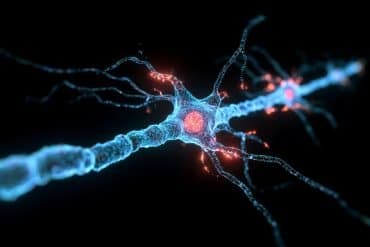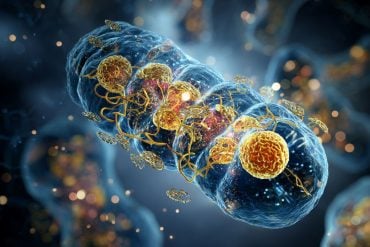Summary: Carriers of recessive gene mutations, long thought to be unaffected, may actually face subtle disadvantages, including more medical issues, shorter educational attainment, and reduced reproductive success. A study of over 300,000 individuals reveals that people who carry recessive genes for intellectual disability are especially impacted, despite having only one mutated gene copy.
These carriers were more likely to be childless and had shorter school careers, suggesting evolutionary selection pressures still act on these seemingly silent genes. The findings challenge textbook assumptions and offer new insights into how natural and sexual selection may still shape the human genome.
Key Facts:
- Hidden Impact: Carriers of recessive disease genes show more medical diagnoses and slightly lower reproductive success.
- Education Effect: Carriers of intellectual disability genes attend school for fewer years.
- Sexual Selection: Reduced reproductive success may result from subtle effects that influence mate choice and social outcomes.
Source: Radboud University
As a group, carriers of recessive disorders are slightly less healthy and have a reduced chance of having offspring.
This disadvantage is greatest for carriers of a recessive gene for intellectual disability, and reflected in a shorter school career and increased childlessness, according to research from Radboudumc published in Nature Human Behavior.
Time to rewrite the textbooks?
Dominant mutation
Researchers from Radboudumc, Department of Human Genetics, demonstrated something remarkable in a 2014 publication in Nature.
Contrary to expectations, inherited variants in genes were rarely responsible for intellectual disability.
In the vast majority, the disability arose from a spontaneous mutation: a mutation that neither parent has, but suddenly appears in the child. It is a biological fact that about one hundred spontaneous mutations occur in the hereditary material of each child. Mutations that therefore do not originate from the parents.
On average, only one of these one hundred mutations affects a gene. And only a fraction of those affects one of the hundreds of genes that can cause intellectual disability. But rare events still happen. Most intellectual disabilities arise in this way.
From dominant to recessive
“There was something else going on,” said Christian Gilissen, professor of Genome Bioinformatics and first author of the 2014 article.
“Children receive a gene from both father and mother by default. When a single mutation in the child leads to intellectual disability, this is called a mutation in a dominant gene.
“Other mutations affect recessive genes. Having a single mutation in a recessive gene, in principle, has no effect on the carrier. A handicap only arises if the mutation is in both copies of the recessive gene.
“In our clinic we found very few of these double mutations in recessive genes in children with intellectual disabilities. Strange, because there are more recessive than dominant genes for this. So we wondered: where did all those recessive mutations go?”
More medical diagnoses
The question led to a long and extensive search, the results of which have now been published in Nature Human Behavior.
“We first investigated how often these recessive mutations occur in the population,” says Han Brunner professor of clinical genetics and, like Gilissen, involved in both publications.
To do so, the data of more than 300,000 people included in the UK Biobank were examined.
“We found that each person carries on average two mutations in any one of 1,900 recessive genes. According to textbooks, carriers of such recessive genes should not experience any disadvantage.
“However, we found that, as a group, they do have more medical diagnoses, and slightly less offspring. Thus, they are less likely to pass on their genes for recessive disorders.”
Less education
Compared to other recessive genes, genes for intellectual disability were the most absent. Apparently, there is another aspect at play here. The UK Biobank data provide a clue.
Gilissen: “Carriers of a recessive gene for intellectual disability go to school for a shorter time, which suggests that they have a lower level of education. Mind you, these are carriers, according to existing theory, are not affected at all by their recessive gene.”
More likely to be childless
Thus, carriers of recessive genes for intellectual disability have reduced reproductive success and a shorter school career.
Brunner: “In 1859, Darwin published On the Origin of Species by Means of Natural Selection. It was mainly about survival, about genes that make you strong and healthy, about natural selection.
“Twelve years later he wrote The Descent of Man, and Selection in Relation to Sex, in which he refined his theory. You can have fine genes, but if no one wants to have children with you, those genes will not be passed on.
“The principle of sexual selection. We’re not demonstrating it rock solid here, but if I had to give a cause for these findings – based in part on a lot of sociological research – sexual selection is the most obvious explanation.”
Rewriting textbooks
This research clearly shows that recessive carriers of diseases have a selection disadvantage at the group level. In the past, this has been pointed out for specific disorders. Here, for the first time this is demonstrated for recessive disorders in general. That may go into the textbooks.
Brunner: “Our research indicates that our genes are still constantly changing, that the genetic landscape remains in motion, that evolution continues. The idea that in our modern age evolution has come to a creaking halt thanks to health care and other amenities is not true.”
Nor will it ever be, Gilissen suggests: “We will never be optimized for tomorrow’s problem.”
About this evolutionary neuroscience and genetics research news
Author: Pieter Lomans
Source: Radboud University
Contact: Pieter Lomans – Radboud University
Image: The image is credited to Neuroscience News
Original Research: Closed access.
“Reproductive and cognitive phenotypes in carriers of recessive pathogenic variants” by Christian Gilissen et al. Nature Human Behavior
Abstract
Reproductive and cognitive phenotypes in carriers of recessive pathogenic variants
The genetic landscape of human Mendelian diseases is shaped by mutation and selection. Although selection on heterozygotes is well-established in autosomal-dominant disorders, convincing evidence for selection in carriers of pathogenic variants associated with recessive conditions is limited.
Here, we studied heterozygous pathogenic variants in 1,929 genes, which cause recessive diseases when bi-allelic, in n = 378,751 unrelated European individuals from the UK Biobank.
We find evidence suggesting fitness effects in heterozygous carriers for recessive genes, especially for variants in constrained genes across a broad range of diseases.
Our data suggest reproductive effects at the population level, and hence natural selection, for autosomal-recessive disease variants.
Further, variants in genes that underlie intellectual disability are associated with lower educational attainment in carriers, and we observe an altered genetic landscape, characterized by a threefold reduction in the calculated frequency of bi-allelic intellectual disability in the population relative to other recessive disorders.


